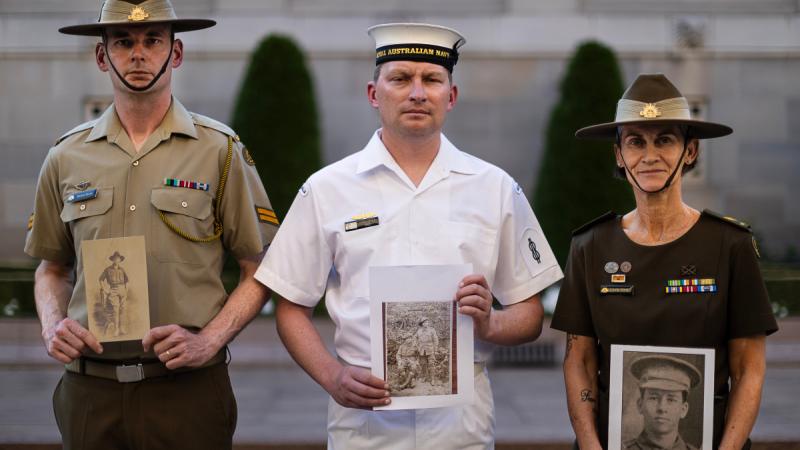Oceans and bushfires were the focus of two National Science Week events this month, with the Academy hosting webinars which explored how science can help us improve the health of our oceans and manage bushfires. We thank the experts involved, and all those who joined us online.
Innovations to save our oceans
On Monday evening over a live webinar, an expert panel discussed the issues affecting our oceans and provided tangible solutions. We were joined by Academy Fellow Professor Ove Hoegh-Guldberg from the University of Queensland, Jemma Purandare from Griffith University and Dr Beth Fulton from CSIRO Oceans and Atmosphere.
Climate change and ocean warming, biodiversity loss, and marine pollution were just some of the problems that were discussed in the panel discussion and the following Q&A.
The panellists emphasised that there are individual actions that people can take, such as sorting recycling well and eating sustainably-produced seafood, but there are also technologies that can be harnessed better, such as on-water solar and wind power for renewable energy.
The event made it clear that we have an opportunity during the economic recovery post-COVID-19 to invest in the infrastructure and technologies for our future, rather than in old, emissions-heavy projects.
Fighting bushfires with science
On Thursday of National Science Week we were joined by Sandra Whight, an ecologist with more than 25 years’ experience as a firefighter and operational decision-maker and now with the Bureau of Meteorology, along with Associate Professor Michael-Shawn Fletcher, an Indigenous scientist at the University of Melbourne who specialises in fire ecology, climatology and geology.
The two experts discussed technologies such as satellite imagery and helicopter ‘water bombs’, the impact of severe fires on local ecosystems, and how we can continue to improve fire management systems.
While short-term predictions are hard to make, Ms Whight said that Australians need to understand that fire is part of our lives and land, but we need to work together to understand and respond to extreme catastrophic fire conditions.
Associate Professor Fletcher emphasised the need to make use of the scientific and cultural toolkits available to prepare for the dire predictions for future fire seasons across Australia and the globe.








